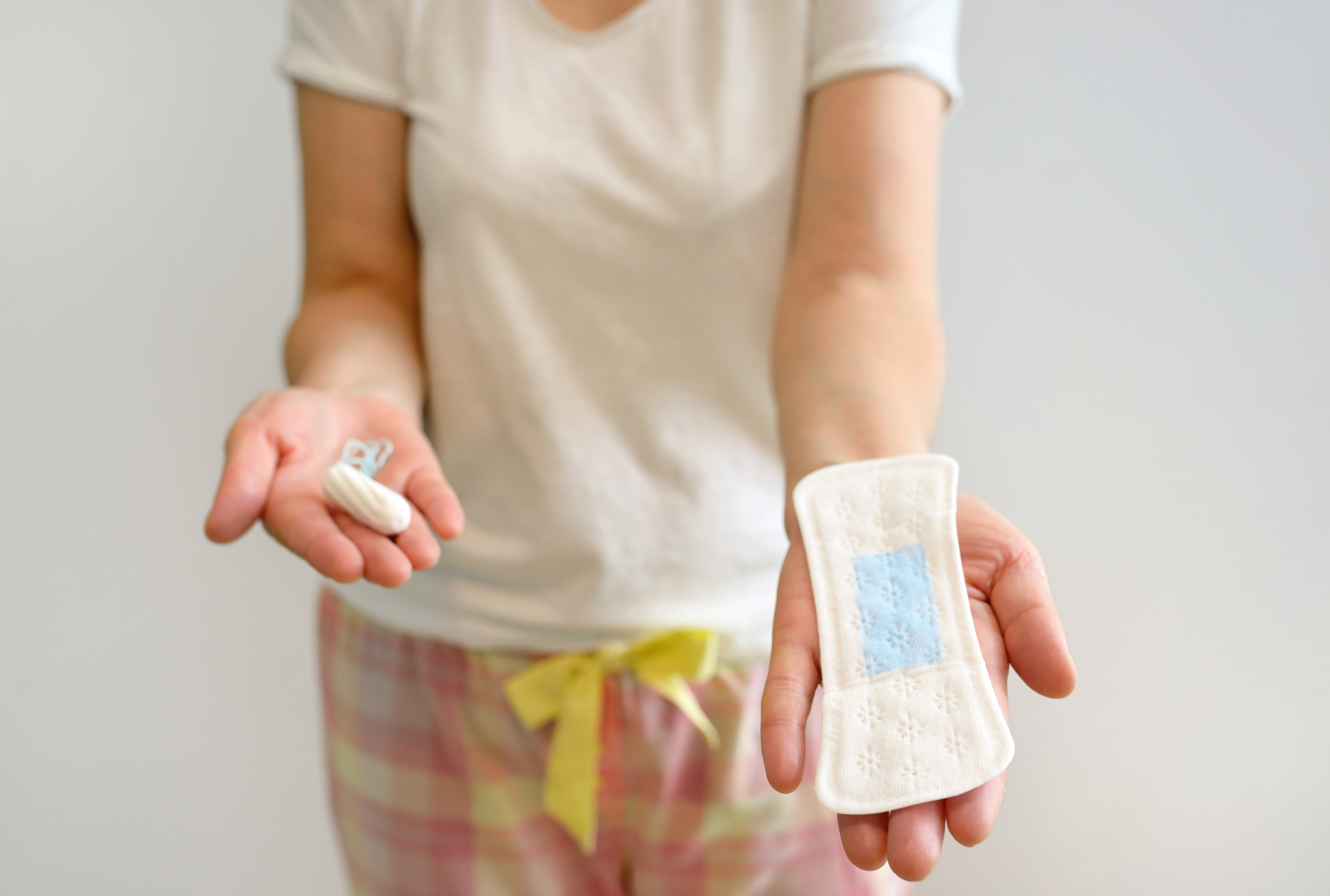Women experience a natural decline in their reproductive abilities over time, known as menopause. During this period, symptoms such as dizziness, tinnitus, hot flashes, night sweats, restlessness, heart palpitations, forgetfulness, insomnia, and back pain may occur. Traditional Chinese medicine refers to these symptoms as pre- and post-menopausal syndrome, commonly known as menopause syndrome. The root cause of this condition is kidney deficiency, which also affects the other organs. The main imbalance is typically Yin deficiency and excessive Yang. However, in some cases, there may also be a deficiency of Yang. Women rely on Yin and blood, and the overall Yin energy in the body is governed by the kidneys. Therefore, the main focus of treatment for kidney deficiency in this condition should be on nourishing kidney Yin. If the kidneys are deficient, menstrual cycles may become irregular or cease altogether, or there may be excessive bleeding, even leading to blood loss. Kidney deficiency can also lead to water retention and urinary problems. If there is a lack of communication between the heart and kidneys, symptoms such as poor sleep, vivid dreams, heart palpitations, and restlessness may occur. Lung and kidney deficiencies can cause excessive sweating, hot flashes, and thirst. Liver and kidney deficiencies may lead to dizziness, tinnitus, back pain, irritability, mood swings, and decreased speech and activity. Heart and lung deficiencies can cause depression, sadness, and a tendency to cry. Spleen and kidney deficiencies can result in poor appetite, bloating, loose stools, or constipation. When kidney Yin is depleted and affects kidney Yang, symptoms such as cold limbs, joint discomfort, and decreased libido may arise.
In cases where menopause occurs early, the focus should be on nourishing kidney Yin with large doses of appropriate herbal remedies or using Fu Shan Yi Jing Tang, which helps replenish kidney essence and blood. Rehmannia should be used in large quantities, usually around 40 grams, and can be combined with other blood-nourishing herbs such as donkey-hide gelatin and purple coix seed. For irregular menstrual cycles, treatment should be based on nourishing the kidneys and tailored to the specific symptoms. Depending on the cause, different herbal treatments can be used to address excessive bleeding, such as promoting blood circulation, boosting Qi, or stabilizing the flow. Gui Zhi Fu Ling Wan is often used for blood stasis, and modified Dang Gui Bu Xue Tang is used for Qi deficiency. To address fluid retention, Ji Sheng Shen Qi Wan or a combination of Wu Pi Yin and Wu Ling San can be used. Other symptoms can be treated with modified Zhi Bo Di Huang Wan. For restless sleep, combining Jiao Tai Wan with heavy use of Ye Jiao Teng (up to 60 grams) can be effective. If dreams are excessive, Bai Wei can be added to eliminate them. For heart palpitations and anxiety, herbs such as Long Gu, Mu Li, and Zhu Ma Mu can be added. For hot flashes and restlessness due to lung and kidney deficiency, increasing the dosage of Zhi Mu and Huang Bai or using Bai He Di Huang Tang can be helpful. If the hot flashes are severe, adding Sheng Di Huang, Mu Dan Pi, and Di Gu Pi can help clear the deficiency heat. Excessive sweating can be addressed by adding Fu Xiao Mai, Sang Ye, and Ma Huang Gen. If there is excessive thirst, adding Mai Dong, Bei Sha Shen, and Tian Hua Fen can alleviate it. For dizziness and tinnitus due to liver and kidney Yin deficiency, adding Gou Qi Zi, Ju Hua, Xia Ku Cao, and Gou Teng can help. For back pain and weakness, adding Sang Ji Sheng, Du Zhong, and Xian He Cao can be effective. If there are emotional imbalances, adding Yin Chen, Sheng Mai Ya, and Gui Zhi can help promote liver Qi. In severe cases, herbs such as Fang Feng and Qiang Huo can be added to address wind-related symptoms, but the dosage should not exceed 10 grams. For heart and lung deficiencies causing emotional imbalances, a combination of Gan Mai Da Zao Tang can be used, adding Huan Hua and Mei Gui Hua to relieve depression and promote emotional well-being. For spleen and kidney deficiency, Si Jun Zi Tang is commonly used to strengthen the spleen, or a combination of Mu Xiang, Sha Ren, and Hou Po to regulate Qi. Adding He Shou Wu, Huo Ma Ren, or Zeng Ye Tang can help nourish the intestines and promote bowel movements, while adding Yi Yi Ren, Bai Bian Dou, and Mu Li can strengthen the spleen and eliminate dampness.
When treating this condition, it is important to communicate and engage with the patient in order to understand their emotional well-being and to complement the medication with appropriate treatment.






